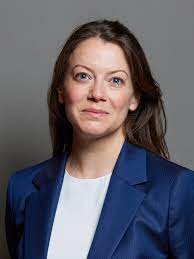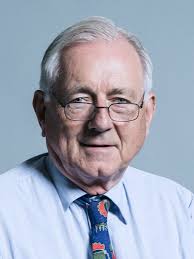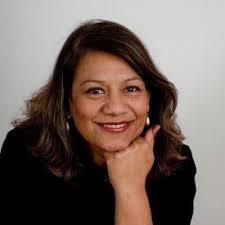Sarah Green – 2022 Parliamentary Question on Arts Council Funding
The parliamentary question asked by Sarah Green, the Liberal Democrat MP for Chesham and Amersham, in the House of Commons on 1 December 2022.
Sarah Green (Chesham and Amersham) (LD)
What assessment she has made of the potential impact of Arts Council England funding decisions on leading cultural institutions.
The Parliamentary Under-Secretary of State for Digital, Culture, Media and Sport (Stuart Andrew)
Decisions about which organisations to fund and at what level were taken by the Arts Council, an arm’s length body from Government. The Arts Council remains committed to supporting the core cultural institutions. For example, three institutions that receive the most funding in the portfolio are the Royal Opera House, the National Theatre and the Southbank Centre. Many high-profile, established organisations such as the Royal Shakespeare Company and Opera North will continue to receive funding.
Sarah Green
I thank the Minister for his answer. Arts Council England’s decision to stop funding English National Opera in London and to effectively demand that it relocates to Manchester will leave hundreds of talented artists and professionals either out of work or forced to uproot their lives. Some of them live in my constituency and are understandably devastated by the decision that they now face, but they also feel blindsided, given that they had very little warning. Will the Minister tell me whether the artists directly impacted by the removal of ENO funding were consulted in advance of the decision? If not, why not?
Stuart Andrew
I know that the Arts Council has taken a considerable amount of time to look at the unprecedented number of applications—more than 1,700—that were received and that it has assessed them very carefully. It is making sure that £12.6 million is available in transition funding for those that will be leaving. The time has been increased from three months to seven months, so that there is support for them for up to 12 months. We would certainly encourage the Arts Council and the English National Opera to continue the dialogue that they are having.
Mr Speaker
I call the Chair of the Digital, Culture, Media and Sport Committee.
Julian Knight (Solihull) (Con)
On a similar theme, levelling up is undoubtedly a noble ambition, and the Arts Council funding has been too London-centric for too long¸ partly due to the subsidies to the Royal Opera House, which, if the Minister ever visits there, he will see is a bit like the Starship Enterprise, in terms of facilities. In correcting the imbalance, however, does he agree that the Arts Council needs to be careful about not potentially wrecking established institutions such as English National Opera, which was given very little notice of funding cuts? As a result, it is threatening legal action. A soft landing is needed. Does he agree that he needs to speak to the Arts Council to ensure that, when it makes such decisions in future, it has a plan in place to ensure that those institutions are at least protected and have a way in which to cope with the decision?
Stuart Andrew
I reiterate that the Arts Council is an arm’s length organisation. We have had several meetings to hear about the long processes that it has undertaken to consider each of the awards that it has made. We pushed it to increase the transition period of funding, recognising the difficulty that that may present to other people. We hope that both Arts Council England and English National Opera will work together—we certainly encourage them to—on the possibilities for the future of the organisation.
Mr Speaker
I call the shadow Minister.
Barbara Keeley (Worsley and Eccles South) (Lab)
We all support the fairer distribution of arts funding and the principle that communities outside London should get a fairer share so that everybody everywhere can enjoy the arts, but levelling up should not be about pitting arts organisations against one another. What we have seen is an attempt to address regional disparity by shifting some funding to the regions, but doing so from a funding pot that has been shrinking since 2010. Does the Minister agree that these very short timeframes and the lack of consultation on these cuts to funding could have a very damaging impact on the ecosystem of the arts?
Stuart Andrew
Well, I have to say that London will still be getting the lion’s share of funding from the Arts Council. I make no apology for what we are seeing in areas such as Blackburn, which had never received any funding: four projects there are now receiving funding. Why cannot talented artists in Blackburn get the same access to those opportunities as artists in London? I do not understand the problem.



